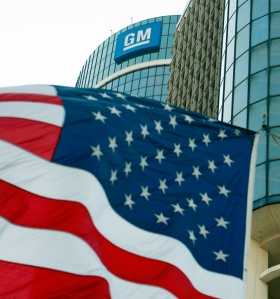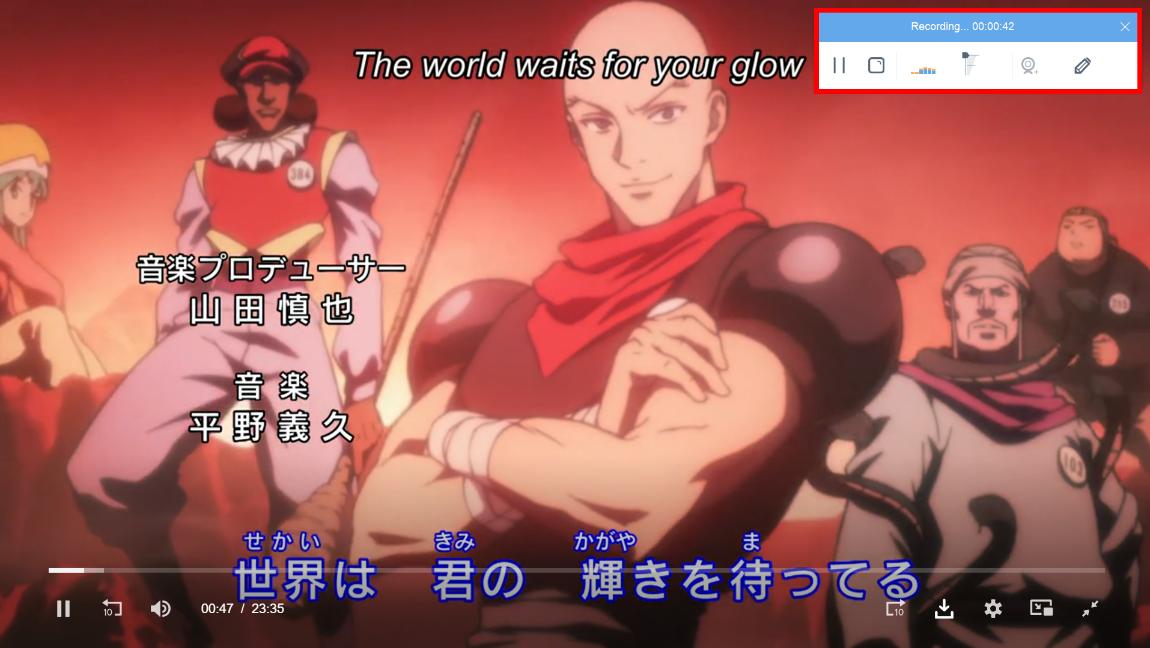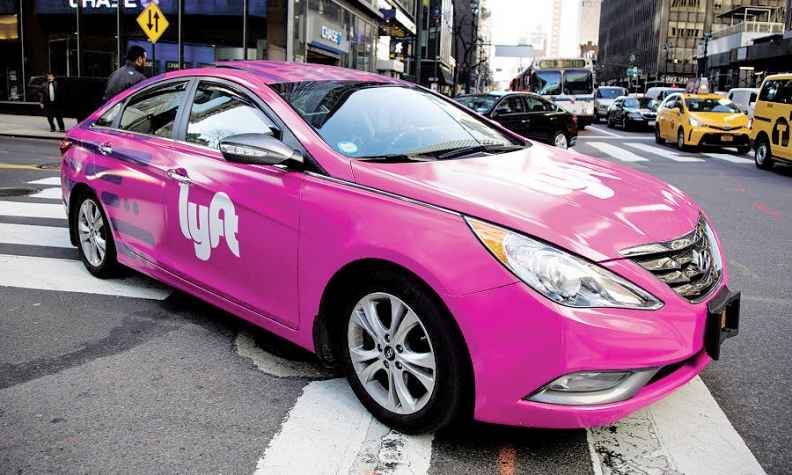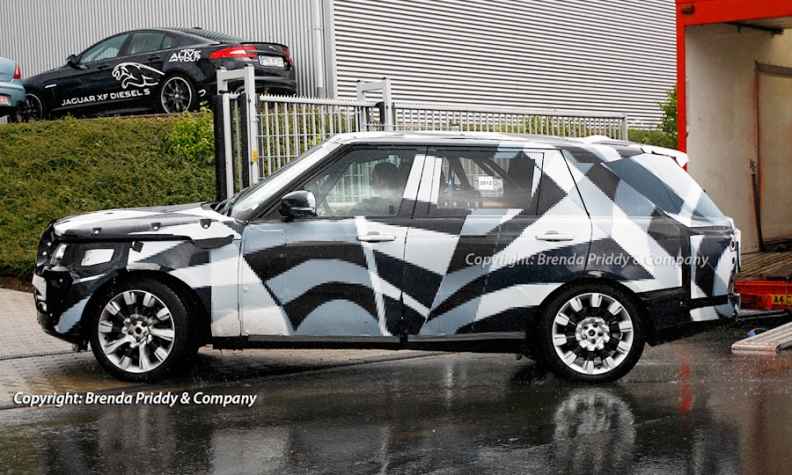MARIETTA, Ga. (Bloomberg) -- General Motors failed to convince a Georgia judge to dismiss a revived lawsuit over the death of a 29-year-old woman that helped trigger the recall of 2.59 million cars over faulty ignition switches.

“I’m denying the motion to dismiss,” Cobb County State Court Judge Kathryn Tanksley ruled today at a hearing in Marietta, Ga. She set a trial date for April 2016.
The lawsuit, brought by the parents of Brooke Melton, who died in a 2010 crash of a Chevy Cobalt, was settled last year. The Meltons filed a new complaint in May, claiming GM fraudulently had concealed defects in the Cobalt and withheld evidence before the accord was reached.
GM contended the Melton suit couldn’t go forward because it was settled. Allowing the new case would mean that anyone could unilaterally redo a settlement, Robert Ingram, GM’s lawyer, said at today’s hearing.
The new Melton case is different because of the fraud allegations, Tanksley said. “We’re plowing new ground,” she said.
The decision gives support to other accident victims hoping to reopen settled ignition-switch cases. A revived suit would also allow the Meltons to immediately seek evidence of GM’s knowledge of the defect before the recalls, Lance Cooper, the family’s lawyer, said in an interview before the hearing.
GM’s bankruptcy
Such information-gathering is stalled in other suits combined in a federal court in Manhattan, as two judges determine the effect of GM’s bankruptcy on the litigation.
Cooper asked at the hearing today for GM to begin sending documents by Sept. 2.
Tanksley said GM would have to begin producing documents by Sept. 26, along with reasons for not providing any material requested by the Meltons’ lawyers.
GM General Motors is disappointed with the decision, spokesman Pat Morrissey said in an e-mailed statement.
“We continue to believe that the parties reached a good-faith settlement last year,” he said. “GM will review the court’s order once it is entered and will evaluate its options.”
The decision is “very bad news for GM,” said Erik Gordon, professor at the Ross School of Business at the University of Michigan.
“GM has more to fear going before jurors than going before Congress and federal regulators who have done little more than put executives though a few difficult hours of questioning,” he said in an e-mail. “Juries, hearing evidence about GM’s stifling its employees who were worried about the ignition switch, are likely to punish GM with huge damage awards.”
Recall expanded
The ignition-switch recall began in February and expanded to about 2.59 million cars, including the Cobalt and Saturn Ion. Following the Cobalt recall, the largest U.S. automaker stepped up its review of potential safety issues and recalled about 29 million vehicles in North America this year, a record.
GM faces more than 100 lawsuits claiming loss of vehicle value caused by the recalls. They are combined in a multidistrict litigation, or MDL, in federal court in New York before U.S. District Judge Jesse Furman. More than 30 suits have been filed in the U.S. and Canada claiming deaths and injuries connected to switch recalls. Many of these have been transferred to the MDL.
GM has established a fund, overseen by outside lawyer Kenneth Feinberg, to pay death and injury claims related to the ignition switch recalls. The company said last month that it took a charge of $400 million for the victim compensation program. The fund isn’t capped and the cost may rise to $600 million, the automaker said.
Feinberg settlements
Plaintiffs’ lawyers began filing claims with Feinberg this month, while some continue to pursue lawsuits. Accident victims who accept Feinberg’s settlement offers would drop their suits. The Meltons aren’t making a claim with the Feinberg fund, according to their lawyers.
GM’s internal investigation into the Cobalt found that an engineer, Ray DeGiorgio, authorized a change to the ignition switch in the Cobalt in 2006, and approved the new part while keeping the old part’s number. That ran counter to GM policy and confounded company investigators for years, according to an internal company investigation. DeGiorgio was one of 15 employees ousted after the three-month investigation, which was led by former U.S. Attorney Anton Valukas and released in June.
DeGiorgio testified under oath last year that he didn’t know of any change to the switch’s design, according to the Meltons’ lawsuit.
Engineer’s testimony
The Meltons’ lawyers repeatedly sought documents from General Motors regarding changes to the ignition switch and GM referred them to the testimony of DeGiorgio, Cooper told Judge Tanksley today.
“We were fraudulently induced into making the settlement,” Cooper said at the hearing. Before settling the case, “we should have known that the lead engineer repeatedly perjured himself, and that GM had changed the switch,” he said.
The Meltons are also seeking sanctions against GM for “misleading the court” while the first case was pending.
The Meltons offered the money back on April 11. GM declined the offer eight days later, according to court filings. Cooper declined to disclose the amount. Valukas’s report, without using Melton’s name, described a case as having the same facts and said it was settled for $5 million.
GM argument
Offering the money back didn’t reverse the settlement, GM said in court papers. Following the settlement, the court in the first Melton suit entered a final judgment dismissing the case, GM’s lawyers said.
“A plaintiff who is dissatisfied with a prior settlement cannot simply offer to tender back the consideration received in the settlement and then unilaterally institute a new lawsuit,” the company said.
“Melton II asserts the same causes of action as Melton I,” Ingram, GM’s lawyer, said at today’s hearing. A new suit can’t be filed because “the judgment in Melton I has not been reversed.”
The focus of the new claim is on fraud allegations, Tanksley said. A reversal of the prior dismissal isn’t necessary because it was based on a private settlement, not a court judgment, she said. A jury will decide whether the Meltons could rescind the settlement, she said.









Post your comment